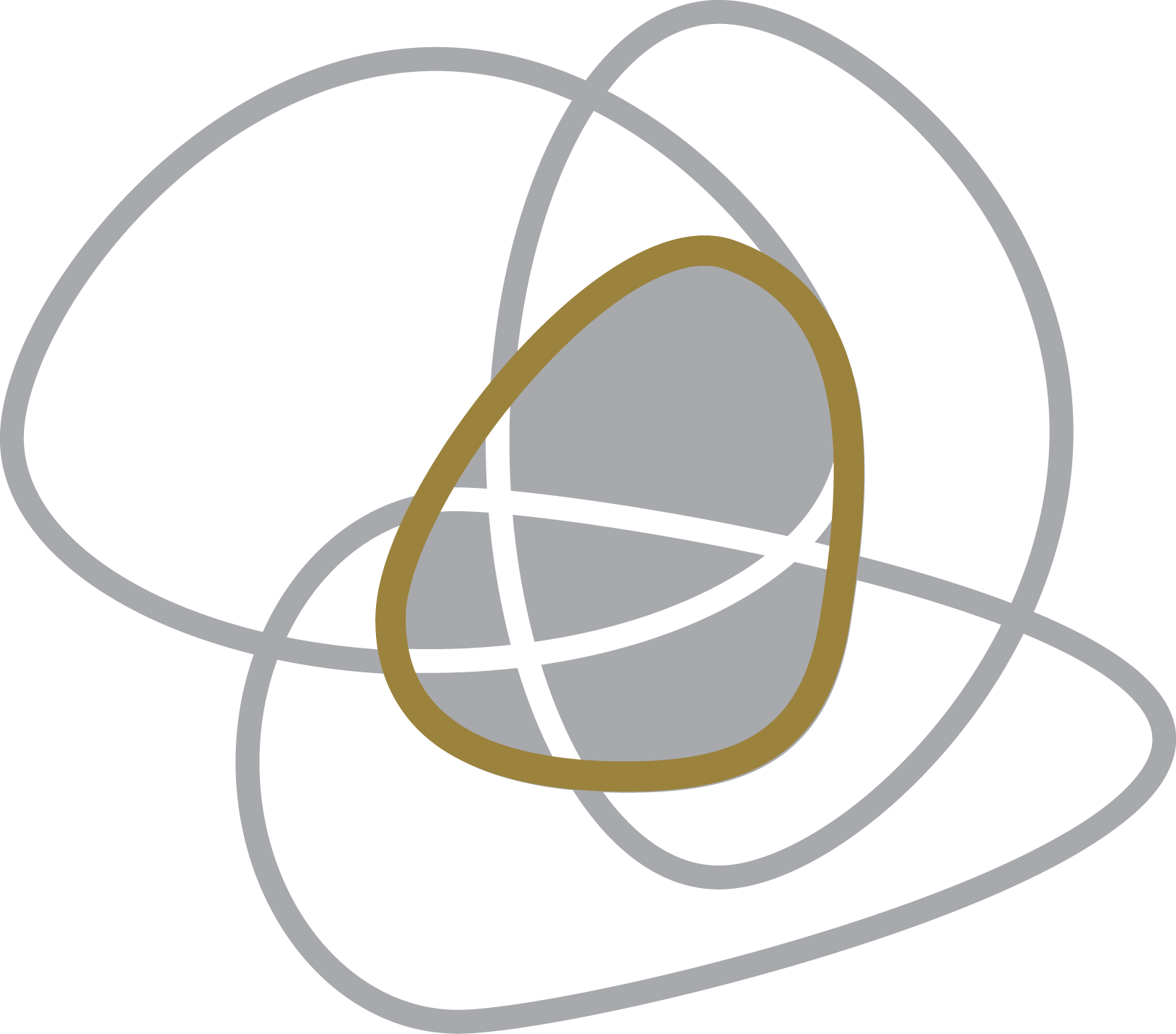
Psychoanalysis
The later Lacan
Lacanian Psychoanalysis after 1970 (The later Lacan) manages to preserve the depth that psychoanalysis brings with the questions of the unconscious that Freud addresses in the early 20th century and includes practical and objective points of the present. According to Lacan, the clinic today has an objective: singular project and social bond. The differential diagnosis of clinical structures, symptoms and syndromes is a very important procedure for the direction of treatment but the objective is that the individual, regardless of his diagnosis, is able to carry out projects to fulfill his desire and build affective relationships with: colleagues, friends, partners and family. The questions are focused on the actuality and practical life of each individual in their absolute uniqueness. The Project unites psychoanalysis resources in order to each individual can be active and fight for their projects, free from emotional impediments, in a more effective and targeted way. So that the professionals of the companies are able to deliver their work in the shortest possible time, with quality, creativity and uniqueness. That they are able to position themselves by putting their opinion and managing possible feuds and envy, in order to reduce tension between colleagues. Consequently, professionals will work with more mental health and will have time and psychic space to take care of their personal lives: relationship, family, home, a possible study in their free time.
NEUROSIS
For the neuroses, Freud presents the free association as a form of treatment: “We always insist with the patient to follow only the surface of his conscience and put aside all this criticism about what he finds, whatever form this criticism may take. " (Freud, 1916 / 1917-1996, p. 294). Psychoanalysis opens the possibility that, in a singular space, in front of an analyst, the indivudual can speak everything that comes to mind associating dreams, situations, feelings; past sufferings, dreams of the future and situations of the present. A speech that would not be of the semblant, as Lacan would say years later.
PSYCHOSIS
Lacan, on the other hand, from Freud, presents a technique to support psychosis. In his Seminar 3 (1955/56), based on Freud's work with the case of President Schreber (1912), Lacan names his management as Secretary of the Alienated. Through testimony and the secretariat, we can give continuity and direction to the treatment of psychoses. The classic free association generates anguish and can even lead the subject to the outbreak if he has a weak link between the real, symbolic and imaginary records.
PERVERSION
When talking about perversions, what would be the possible managements? Through psychoanalysis, how to deal with perversions? Although symptoms and resistance are absolutely unique to each individual, we can, for research purposes, group certain similarities to build resources in order to evolve clinically. This would be one of the purposes of the study group. Discuss the symptoms and resistance of the pervert, in addition to raising questions about the direction and possible management of perversion treatment.






